This DePIN blockchain supports open internet access and peer-to-peer e-commerce
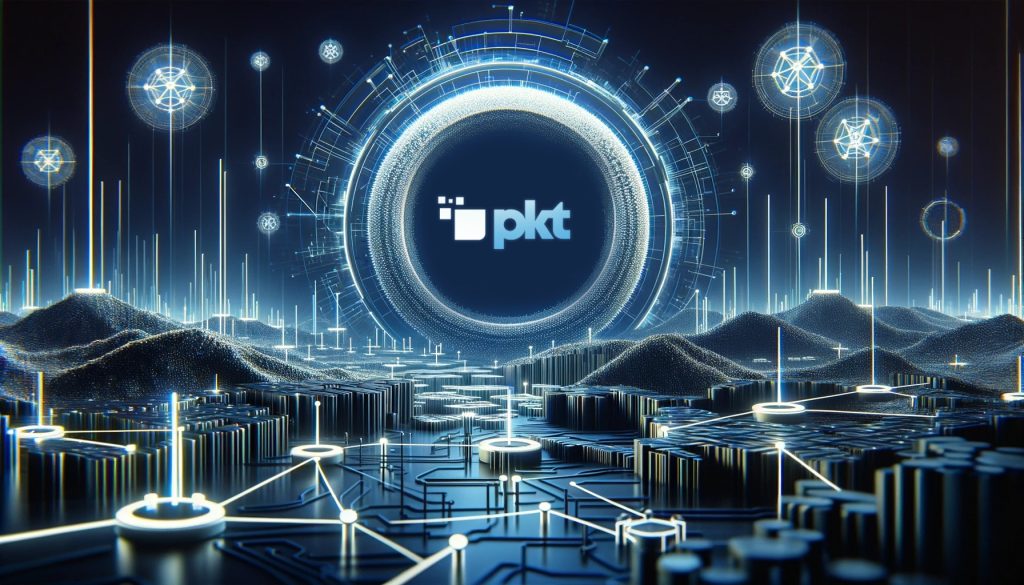
Today’s internet infrastructure faces challenges of access, affordability and censorship. DePINs propose a solution through a decentralized network.


PKT is a community-driven DePIN project that aims to solve two problems: open internet access and providing a decentralized alternative to traditional e-commerce payment processing.
Open internet access is crucial for communication, education, and economic engagement, but remains unevenly distributed. As of 2022, only two-thirds of the global population had online access, leaving 2.7 billion without, as the International Telecommunication Union (ITU) reported.
The control of internet infrastructure is in the hands of a few large telecom companies, often holding regional monopolies. This leads to high prices, inadequate quality of services, and in many areas, no service. Data from Broadband Now indicates over 40 million Americans lack affordable, high-speed internet. By late 2022, average internet costs had risen to around $75 monthly. Affordable, high-speed internet access is more widely available internationally, but generally there is limited availability outside of metropolitan areas.
Furthermore, traditional internet setups are prone to government censorship and surveillance. In 2023, reports by Access Now and #KeepItOn highlighted a six-year decline in internet freedom, with governments increasingly using censorship and surveillance for online information control.

Internet shutdowns are being increasingly imposed by governments around the world. Source: KeepItOn
Decentralized physical infrastructure (DePIN) presents a new approach for a more equitable, open and accessible internet. DePIN empowers people-owned physical infrastructure networks. This makes it possible to use a peer-to-peer mesh network to connect devices to the internet through each other, rather than relying solely on traditional, centralized internet service providers. Think of this as a global Wi-Fi network, where everyone contributes the infrastructure to create a more resilient, censorship-resistant and high-speed data network.
DePIN to democratize internet access
This is where PKT, an open-source DePIN blockchain project, comes in. PKT leverages a peer-to-peer routing protocol called cjdns to create a global mesh network powered by the people. In layman’s terms, PKT moves the work traditionally done in the data centers of Google, Amazon and Microsoft to the devices of both sophisticated and amateur contributors worldwide. This reduces the reliance on centralized corporate entities in favor of increased internet freedom, economically benefiting the individuals who contribute infrastructure resources to the PKT Network.

PKT aims to democratize internet access by empowering individuals to share their internet resources and create a decentralized mesh network. Source: PKT
PKT’s mission is to enable free and open internet access to anyone, regardless of location or income. The blockchain economically incentivizes individuals to share their internet bandwidth and CPU power, which helps create a global, decentralized mesh network. To make this possible, PKT uses an innovative proof-of-work (PoW) mechanism called PacketCrypt, which rewards miners with PKT Cash ($PKT) for contributing bandwidth and CPU power to the PKT Network. The PKT Network is a VPN-based network, using end-to-end encryption for all data transmission and delivering native privacy and security.
Mining PKT can be done from any internet-connected device with ample CPU power. This empowers people around the world to participate in supporting the infrastructure of the PKT Network while also helping expand the PKT Network’s reach and providing more people with access to the internet.
A new payment solution for the decentralized web
The PKT Network’s utility extends beyond open internet. The PKT Network itself enables anyone to host websites where the IPv6 web URL is also a PKT payment address. By connecting the underlying blockchain to the network, PKT facilitates peer-to-peer e-commerce transactions with near-zero fees.
Powered through a layer-2 payment protocol called the PKT Lightning Network, this makes it easier for website owners to accept payments without using a third-party ecommerce payment processor.
Traditional e-commerce payment processors often impose hefty processing fees, hold back revenue in reserve, or restrict functionality based on geolocation or local laws. PKT Lightning Network breaks free from these limitations, offering near-instant settlement cross-border transactions.
The decentralized nature of the PKT Network enables a new payment solution virtually immune to censorship or manipulation by governments or internet service providers (ISPs). All traffic is encrypted on the PKT Network, which protects user privacy by shielding individuals’ online activities from unwarranted scrutiny.
The future of DePIN
PKT is a community-driven DePIN project. Its underlying blockchain is a clone of Bitcoin’s btcd code base, and mirrors Bitcoin’s origins, with no pre-mine, no ICO, no founder shares, no investor shares, and no venture capital. According to Caleb James DeLisle, PKT’s lead developer, the project’s core objective is to change the way people engage with the internet in their local community.
“As the PKT Network scales, the expectation is that traditional ISPs will be forced to lower subscription costs and improve quality of service in order to compete with amateur operators on price and performance.”
DePIN blockchain projects like PKT aim to democratize internet access, encourage free speech and cultivate a resilient and transparent online environment. This approach has the potential to expand global connectivity, collaboration and prosperity in a truly borderless and decentralized digital world, making it possible for anyone to own a piece of the internet.

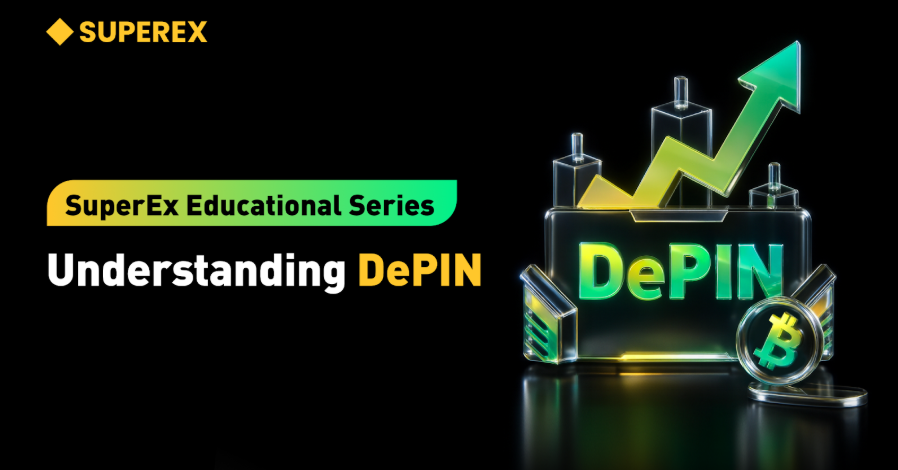
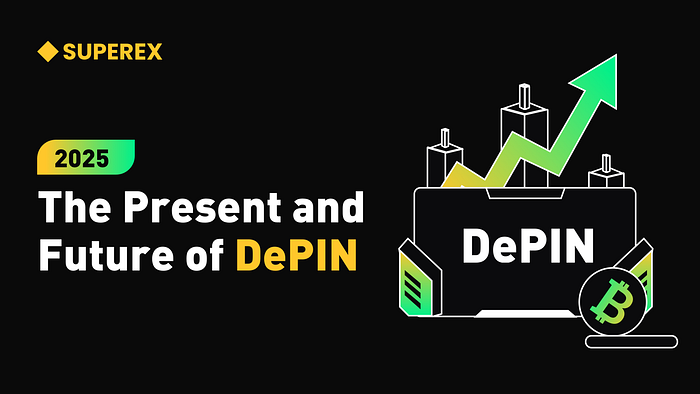
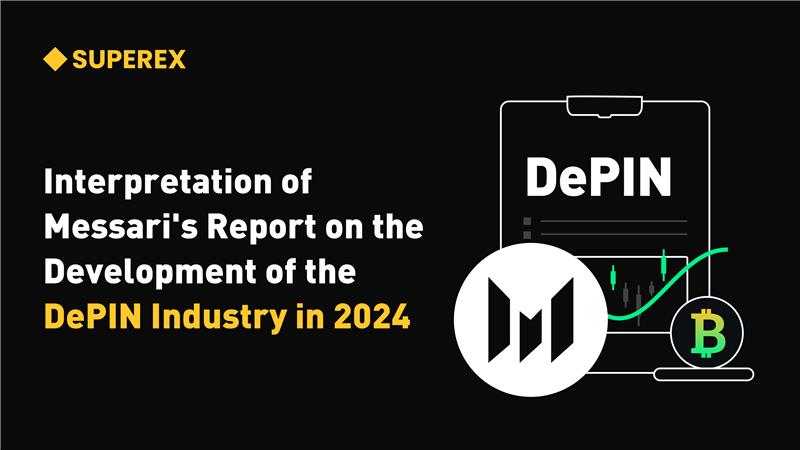
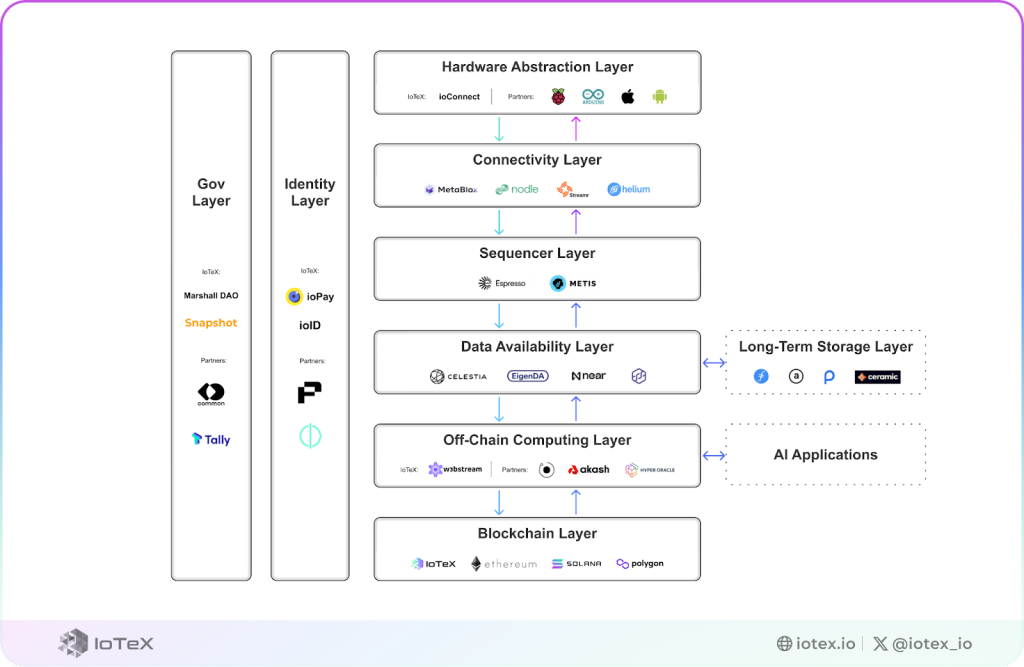

Responses